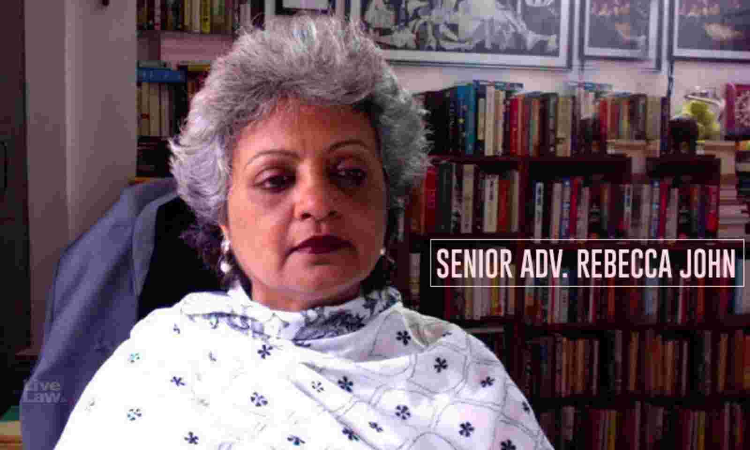The Delhi High Court on Thursday continued hearing a batch of petitions challenging the exception to Section 375 of the Indian Penal Code, which exempts forceful sexual intercourse by a man with his own wife from the offence of rape.Senior Advocate Rebecca John appearing as amicus curiae in the matter told a bench of Justice Rajiv Shakdher and Justice C Hari Shankar that removal of exception...

